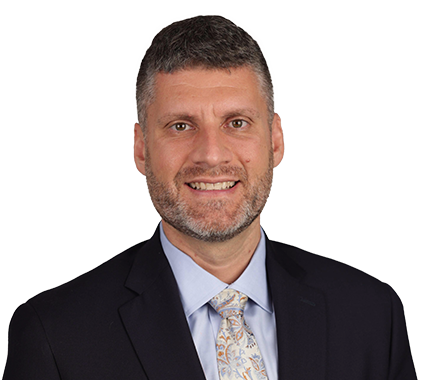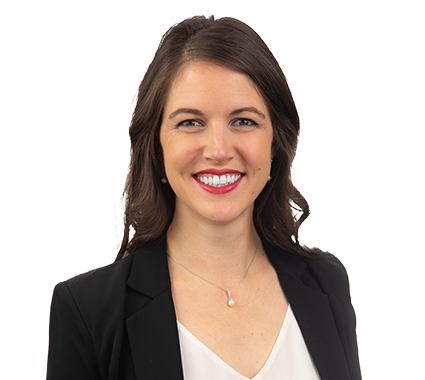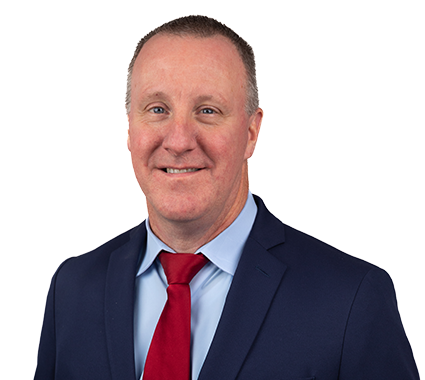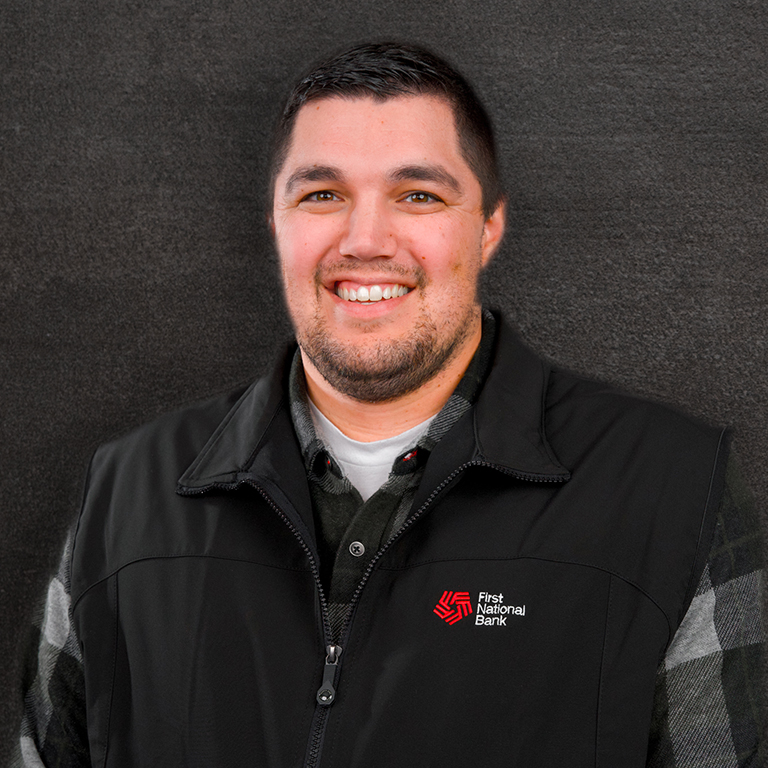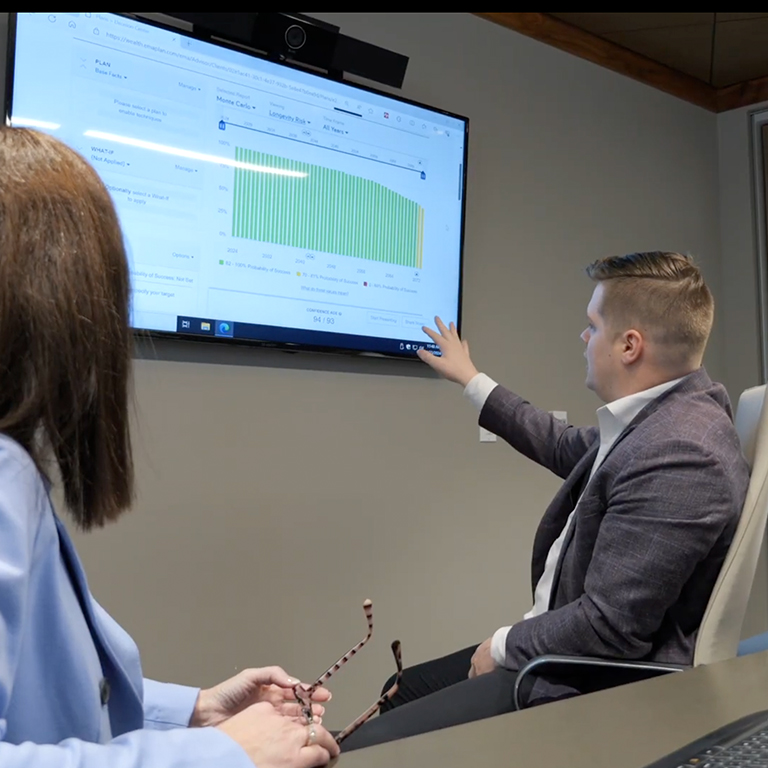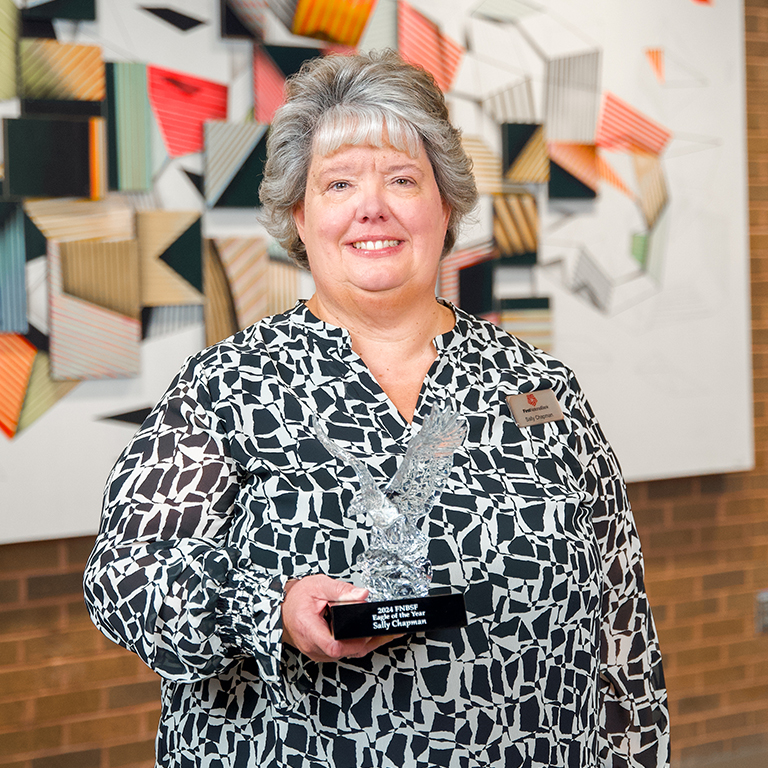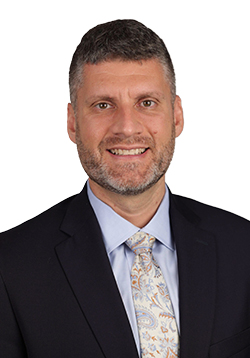
The value of compound experiences, the continuum of YOLO (“you only live once”) versus deferred gratification, and the fallacy of enough — Dr. Jordan Grumet has learned a lot from his dying patients about money, happiness, and end-of-life regrets.
And on our latest podcast episode, I sat down with Jordan to discuss how these concepts can help you find meaning and purpose outside of money.
You can read a recap of my conversation with Jordan — author of Taking Stock: A Hospice Doctor’s Advice on Financial Independence, Building Wealth, and Living a Regret-Free Life — below, watch the full episode, or listen on your favorite podcast app!
Adam: How do you think about defining meaning and purpose, and what’s the correlation of defining that for ourselves with personal finance?
Jordan: The biggest mistake we make, I believe, is we tend to put money first, and we figure that once we get the money settled, we’ll then start looking at things like purpose, identity, and connections. But, ultimately, money is a tool — not a goal.
How can we figure out how to use that tool unless we know what meaning in our life looks like? So, my goal is to encourage people to start thinking about purpose way earlier in the game so they can then figure out why they’re building this financial framework and what that tool of money is going to be used for.
Adam: There’s this idea — the fallacy of enough — which is more or less if we hit a certain milestone that all of a sudden we’ll have this great sense of calm that comes over us. In your experience, Jordan, once we hit those goals, do we ever really experience that sense of calm?
Jordan: I think we confuse ourselves and say that once we get to this goal, then we’re going to be happy. So, I would suggest to you that, often, goals are false. Let’s look at money — money is a perfect false goal. There are lots of people who think that once they just make enough, everything is going to be great.
Well, once they get there, they realize that their only sense of purpose up to that point was making money. So, they do one of two things. The main one is they figure, “Money was my purpose. I got to this goal; now, I’m going to double down and increase the goal.” The other thing that happens is once you get to that goal, instead of being happy, you become petrified that all of a sudden you’re going to lose what you’ve gained. That’s called loss aversion.
I think when we set these big, audacious goals, we generally find ourselves empty when we get there because we don’t know where to go next. Instead, I think we should define “enough” more in terms of what I call in the book “a climb,” which is an activity that feels very purposeful for you and is gratifying to you regardless of outcome. Because I think happiness and enough are really intimately tied together.
Adam: For the dying, what is it in your experience that they feel truly mattered when they look back and reflect on their life?
Jordan: What really mattered is their purpose and identity. And that has everything to do with their experiences, their passions, and the people they surrounded themselves with. It has everything to do with trying to do important things — not whether they succeeded. And this is a really, really big one; whether they succeeded or not is much less important than whether they had the courage to try.
I’ll give you a perfect example from my book: Ernesto, who I took care of in his forties who was dying of leukemia. When he was in his twenties, he went against everyone’s advice and left his high paying job in the beginning of his career. He took a year off to train and then tried to climb Mount Everest. He made it to Mount Everest, they started climbing, the weather changed, and he never made it all the way up. But in his forties, on his deathbed dying of leukemia, it was the only thing he ever wanted to talk about.
He didn’t regret that he failed. He didn’t regret the opportunity cost lost by giving up a year’s worth of salary. Because for him, the experience, the joy, the memories compounded just like the money in our bank accounts compounds, and they were paying dividends on his deathbed.
Adam: In our line of work, we talk about money compounding and we get really, really excited. Eighth wonder of the world, right? But you said, basically, money isn’t the only thing that compounds; experiences compound as well.
Jordan: Experiences, love, joy, compassion, connections — those things grow. They grow inside of us, and they become our memories, and the memories compound. And that’s what generally makes us feel like we lived a good life.
Adam: You know better than anyone, in your role, that none of us are guaranteed a long, happy, healthy life. Now, some people can realize that fact and think, “You know what? I’m just going to live life to the fullest and not think about tomorrow.”
When they do that, they introduce another risk that they will live a long time. And if they don’t plan and don’t save, you know that the decisions and the choices we make later in life when we don’t have resources are not great either. So, how do we balance this idea of wanting to live for today and find that financial independence but at the same time protect ourselves and save for our future?
Jordan: That’s really the basis of a struggle that we have every day of our lives: YOLO versus deferred gratification. “Do I spend today on something that has purpose and meaning for me?” versus “Do I take that money, put it away in the stock market, let it compound, and then let it support me in retirement?”
Here’s what I think. We have to ask ourselves a question: what scares you most? Are you afraid that you’re going to die young and wealthy, or are you afraid that you’re going to live long, spend through all your money, and die broke?
If you figure that out, then you can start looking at how you spend today and toggle on that continuum between YOLO and deferred gratification. Start making spending decisions based on that so you can live a purposeful and meaningful life now.
If you want help finding balance on the continuum between YOLO and deferred gratification, send us a note; we’d be happy to give you guidance!
